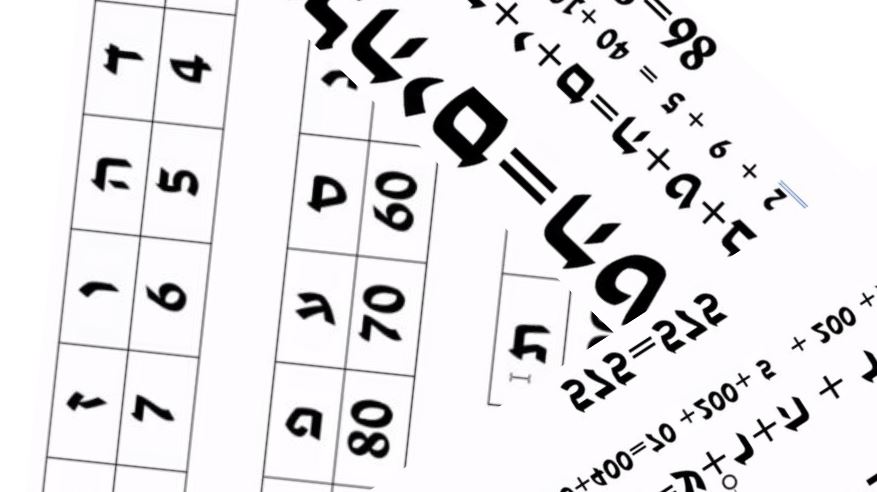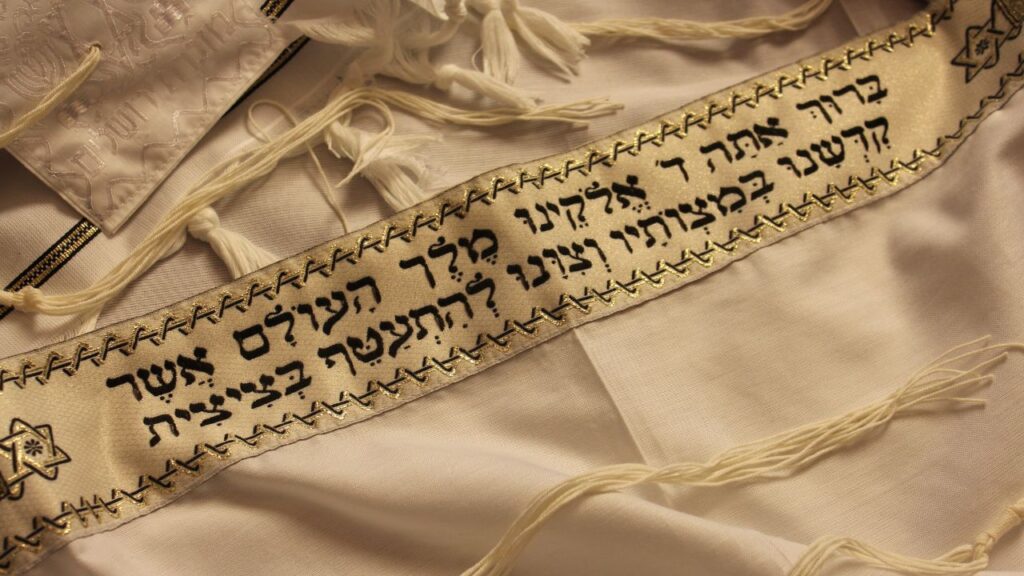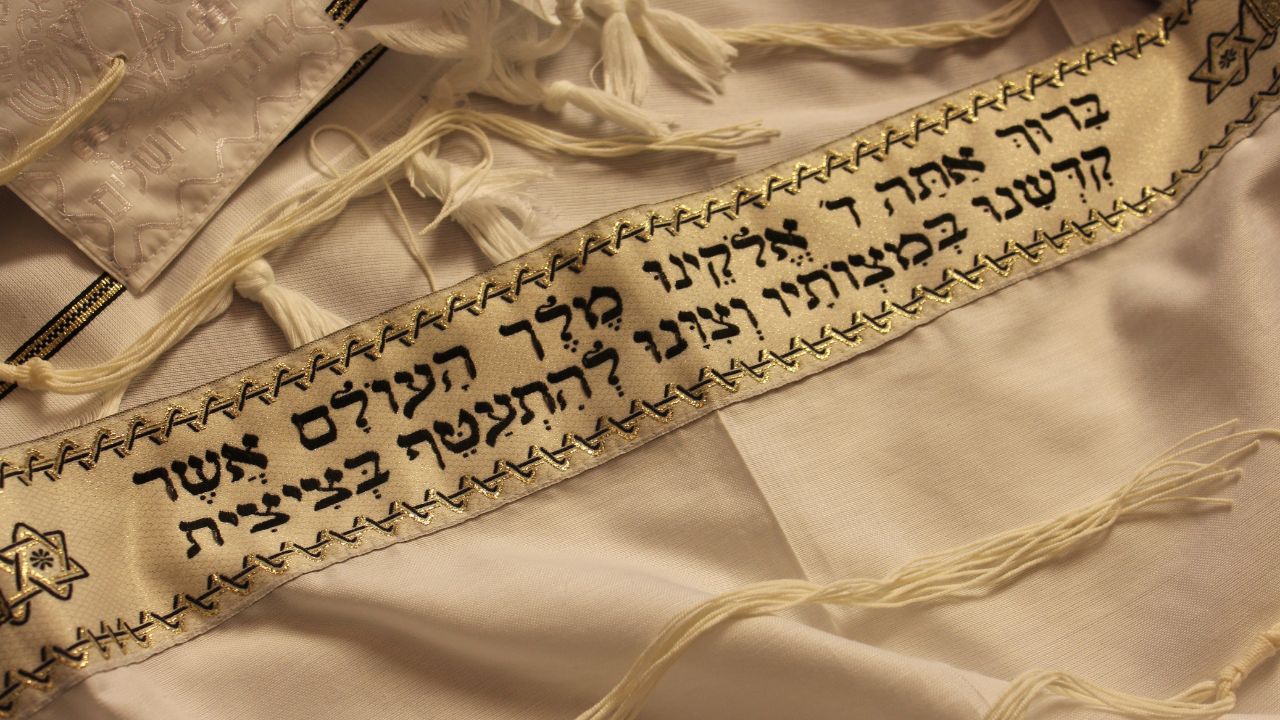What Do The Numbers In Gematria Mean?
Gematria, an ancient practice that assigns numerical values to letters of the alphabet, holds a rich and multifaceted history across various cultures and religious traditions. The numerical values assigned to letters are believed to reveal hidden meanings and connections within words, phrases, and texts. In this article, we will explore the meaning and significance of the numbers in gematria, as well as their roles in different cultural and mystical contexts.
The Origins of Gematria
The roots of gematria are a tapestry woven with threads from diverse civilizations. It is most commonly associated with Hebrew gematria, where the letters of the Hebrew alphabet are assigned numerical values. Each letter represents a specific number, and words and phrases can be analyzed by adding up the values of their constituent letters. This practice has deep roots in Jewish Kabbalah, where it is used to explore the hidden meanings of religious texts, particularly the Hebrew Bible.
However, the practice of assigning numerical values to letters and words is not limited to Hebrew gematria. Similar systems exist in other cultures. For instance, in the Greek tradition, isopsephy assigns numerical values to Greek letters and words, allowing for the exploration of numerical connections and hidden meanings. In the context of the Greek New Testament, isopsephy has been used to discover concealed messages and connections within the text.

The Meanings of Numbers in Gematria
The meanings of numbers in gematria are often influenced by cultural, religious, and mystical contexts. While interpretations can vary, some general associations and symbolism are commonly recognized:
- Unity (Aleph, א): The number 1 is often associated with unity and the source of all existence. It can symbolize the oneness of God or the divine unity.
- Duality (Bet, ב): The number 2 represents duality and balance. It often signifies the pairing of opposites, such as good and evil, light and dark.
- Creativity (Gimel, ג): The number 3 is linked to creativity and growth. It is seen as a dynamic, transformative force associated with the power of creation.
- Foundation (Dalet, ד): The number 4 is associated with stability and structure. It symbolizes the foundational aspects of existence, such as the four elements or cardinal directions.
- Life (Hei, ה): Number 5 is connected to life and vitality. It represents the breath of life and the five senses, which are fundamental for human experience.
- Connection (Vav, ו): The number 6 is seen as a symbol of connection. It signifies the link between the divine and the material and often relates to the concept of “as above, so below.”
- Spirituality (Zayin, ז): Number 7 is frequently associated with spiritual growth and higher knowledge. It represents the search for wisdom and the divine.
- Infinity (Chet, ח): The number 8 symbolizes infinity and the eternal. It is often linked to concepts of immortality and divine perfection.
- Completion (Tet, ט): Number 9 is seen as the number of completion and fulfillment. It is connected to the idea of reaching a state of wholeness.
- Perfection (Yud, י): The number 10 represents perfection and divine order. It is often associated with the fullness of divine attributes.
It is important to note that these associations are not fixed and can vary based on different interpretations and contexts within various cultures and religious or mystical traditions. In gematria, the interpretation of these numbers can be highly subjective and open to a wide range of personal and cultural interpretations.
Gematria in Jewish Kabbalah
In Jewish Kabbalah, gematria plays a significant role in uncovering deeper spiritual insights and connections within the Hebrew Bible and other sacred texts. Kabbalistic gematria views each letter and number as a vessel for spiritual energy and meaning. This form delves into the spiritual significance of numbers and the mysteries they contain. It is believed that through the study, practitioners can gain insights into the hidden aspects of the universe and connect with the divine.
Kabbalistic gematria employs various methods to find deeper meaning in words and phrases, such as Notarikon, which involves finding hidden words or meanings within a word, and Temurah, which involves rearranging letters to create new words. These techniques are used to unveil the underlying spiritual and metaphysical connections within sacred texts.
Personalized Lucky Numbers in Gematria
Gematria allows for the creation of personalized lucky numbers. These numbers are not universal but are associated with specific individuals based on the gematria values of their names or other significant words or phrases. This process typically involves associating numbers with words, names, or phrases that hold personal importance.

For example, someone named Sarah might calculate the gematria value of their name in Hebrew (שָׂרָה) and find that it equals 505. To this person, 505 could become a personalized lucky number associated with their identity. It might hold deep personal meaning and serve as a source of inspiration or guidance.
These personalized lucky numbers are subjective and may have special significance only to the individuals who calculate and interpret them.
Gematria in Other Cultures
While Hebrew gematria is the most well-known, similar practices exist in other cultures and traditions. These practices often assign numerical values to the letters of their respective alphabets and explore the hidden meanings within words and phrases. Here are a few examples:
- Greek Isopsephy: In the Greek tradition, isopsephy assigns numerical values to Greek letters, allowing for the exploration of numerical connections and hidden meanings in Greek words and phrases. This practice has been used to uncover hidden messages in the Greek New Testament and other texts.
- Hindu Yogic Numerology: In Hinduism, Yogic Numerology assigns numerical values to the Sanskrit alphabet. This system is used to analyze the spiritual significance of words and mantras, helping practitioners understand the deeper meanings of sacred texts and chants.
The Limitations of Gematria
While gematria is a fascinating and meaningful practice for many, it has its limitations. The interpretation of numbers in gematria can be highly subjective, and different individuals may draw different conclusions from the same word or phrase. As such, gematria should be approached with an open mind and a willingness to explore personal symbolism.
Additionally, gematria’s effectiveness and significance depend on the cultural and religious context in which it is used. For example, gematria is deeply embedded in Jewish Kabbalah, making it especially relevant to Jewish mysticism but potentially less so in other contexts.
Conclusion
Gematria is a practice that has intrigued and inspired individuals for centuries. The numbers in gematria hold a range of meanings, which can vary based on cultural, religious, and mystical interpretations. While it does not have a universally recognized lucky number, it provides a unique and thought-provoking way to uncover the mystical and metaphysical layers of language and reality. It invites individuals to explore the hidden connections and spiritual insights within words, phrases, and texts, offering a deeper understanding of the significance of numbers in our world.
The article you may like:

